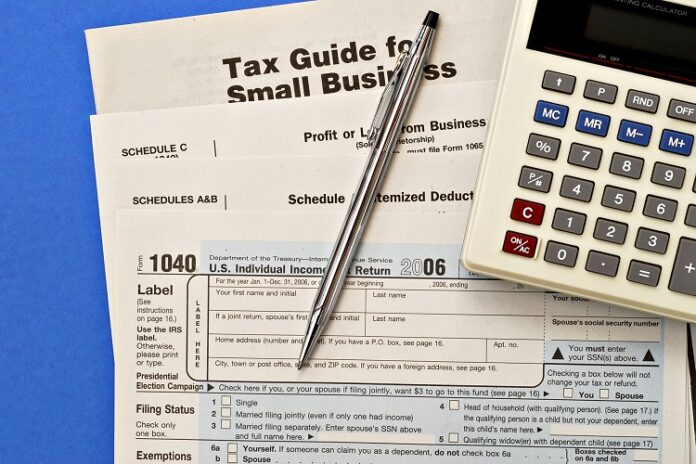Also known as tax avoidance, tax planning is a set of strategies, actions and studies designed to reduce the tax burden of a company in a totally legal manner. Small business taxes should be structured by accountants, who assess the characteristics of the business and use this analysis to guide decisions regarding taxes and duties. In practice, accountants seek to achieve tax balance in three different ways.
Table of Contents
How to do tax planning?
There are a number of steps that must be followed with your accounting service for tax planning to be successfully implemented.
Data collect
Meet with your internal or external accounting and administrative staff to collect the following data:
- Company size and structure
- Current tax framework
- Business activities
- Administrative, accounting and financial operating activities.
Analysis of the legal nature and framework
The legal nature is the legal format of the company. There are 25 types of legal nature and possible frameworks, such as:
- Anonymous society
- Mixed Societies
- Limited Companies
- Individual Entrepreneur
- Individual Limited Liability Entrepreneur
- Cooperatives
- Small Business
- Microenterprise
Study and choice of tax regime
After the legal nature has been assessed, it is time to understand about the tax regime. It represents the tax calculation and collection format that your company must follow. This moment is crucial for planning. After all, each model will have its own definitions. Taxation under these regimes follows legal rules that must be observed by the company. Therefore, studying, choosing and adapting the tax regime is an important moment in your company’s tax planning.
Preparation of the tax plan
The organization’s data were gathered and analyzed from the perspective of the legal nature and the tax regime. Now, it is time to understand how the company can operate within these scenarios, minimizing its tax expenses without affecting the laws or its operation. In other words, how can the business make its purchases and sales by paying as little as possible with taxes and legally?
Establish a partnership
It is not feasible to try to do tax planning alone, since it is necessary to have a thorough knowledge of legislation and accounting. So, be sure to turn to a reliable accounting firm specializing in small businesses to take care of this. The main predictions that should be considered at this stage are:
- Annual recipe;
- Business profitability;
- Total purchases;
- Number of employees and their salaries;
- General business expenses.
Determine objectives and goals
After diagnosing the company’s situation, it is necessary to define the objectives and goals of the planning. The process must be done with the accountant, since with the technical knowledge on the subject they are able to make more accurate savings estimates. Accountants need to keep up to date on the taxation of new technologies and possible changes in legislation.









